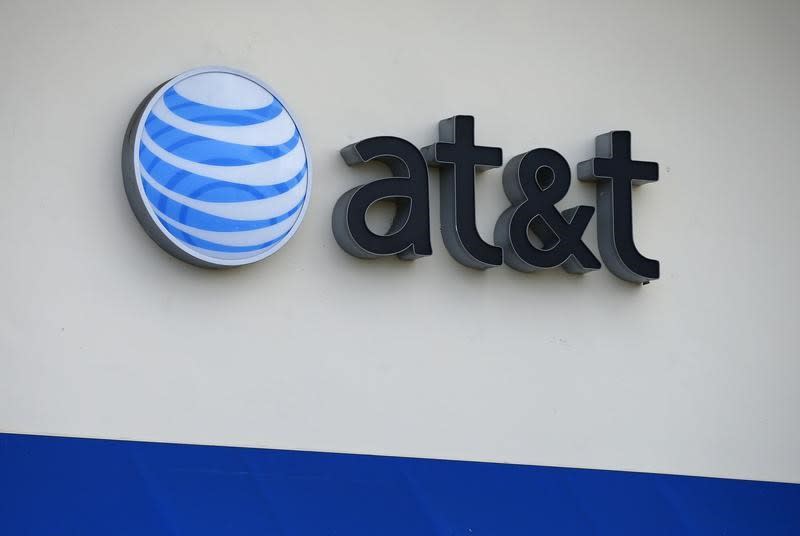AT&T tells US lawmakers DirecTV deal is not Comcast/Time Warner

By Alina Selyukh and Marina Lopes
WASHINGTON (Reuters) - AT&T Inc's (T.N) proposed merger with DirecTV (DTV.O) does not compare with other mergers shaking up the telecommunications industry because the companies largely provide different services, AT&T's chief executive told lawmakers on Tuesday.
"This is not Comcast/Time Warner, this is not two cable companies getting together, this is not Sprint and T-Mobile," CEO Randall Stephenson said at a hearing on the proposed $48.5 billion (28.57 billion pounds) merger before a House Judiciary Committee panel.
"We’re putting (DirecTV's satellite) TV product with our broadband wireless product. ... There is not a content player per se in this transaction," he said.
A Senate Judiciary Committee panel also planned to hold a hearing on the deal, which is one of several proposed or considered mergers roiling the cable and wireless landscape. The other two are Comcast's (CMCSA.O) $45.2 billion bid for Time Warner Cable (TWC.N) and Sprint's (S.N) potential bid for T-Mobile US. (TMUS.N)
Consumer advocates have raised red flags about industry consolidation, warning that content providers and consumers may face higher prices despite companies' reassurances to the contrary.
John Bergmayer of Public Knowledge, a non-profit advocacy group based in Washington, said the concern was not only about content providers becoming too poweful but also that content distributors may get so big that they influence the programming market. "We're concerned that there may be too much, too rapid consolidation in the telecommunications industry," said Representative John Conyers, a Michigan Democrat.
"This ongoing wave of consolidation will without question result in fewer firms and may harm consumers by limiting choices and also raising prices after all. ... I will be looking and listening to make sure that we are not moving in the wrong direction."
Stephenson and DirecTV CEO Michael White reiterated their assurances to the Federal Communications Commission earlier this month that the merger would combine the two companies' complementary products to offer the bundles of video and broadband Internet services that consumers increasingly want.
"We've competed aggressively," White told lawmakers. "In recent years, however, broadband is changing everything. If we want to continue to compete effectively in today's Internet-driven economy, we must adapt as well."
AT&T, the No. 2 U.S. wireless carrier, told the FCC in a filing that the merger with the largest U.S. satellite TV provider would create a stronger competitor to the cable companies, including in the areas where DirecTV and AT&T now overlap, and would bring better Internet service to rural areas.
Lawmakers can be a major influence on merger deliberations. However, they will have no formal role in deciding whether the AT&T/DirecTV deal wins approval from the Justice Department, which must ensure the merger complies with antitrust law, and the FCC, which has a broader public-interest standard.
(Reporting by Alina Selyukh and Marina Lopes; Editing by Jonathan Oatis)

 Yahoo Finance
Yahoo Finance 